Viral Imaginations: Healing Through Pandemic Narratives
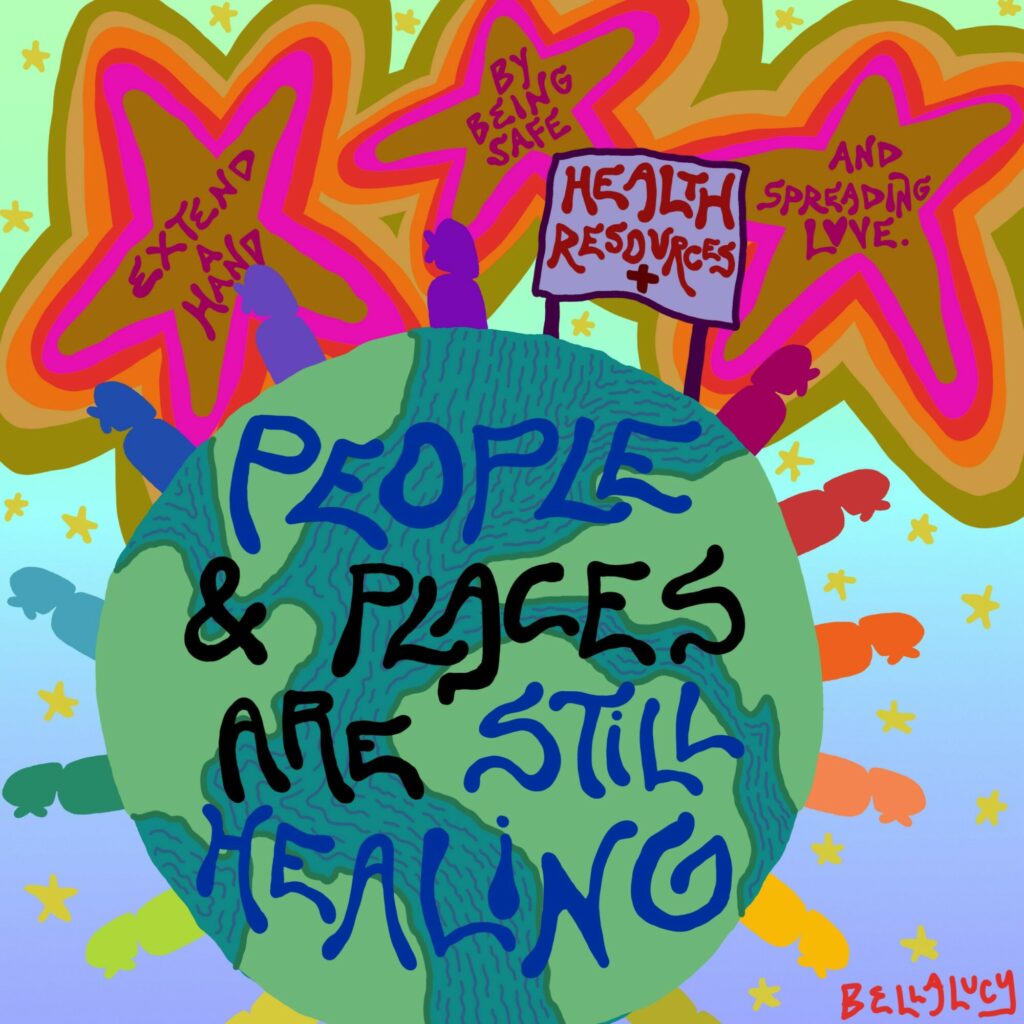
As the COVID-19 pandemic blindsided us in 2020, an interdisciplinary team at The Pennsylvania State University (Penn State) developed the Viral Imaginations: COVID-19 project to encourage all Pennsylvanians to creatively cope by telling their unique stories. The results, sampled here, were profound. The authors note that similar projects could “benefit healthcare, including rehabilitation, by creating understanding among and between patients, providers, and others involved in the circle of care.”
Afflicted With Wishes for Change
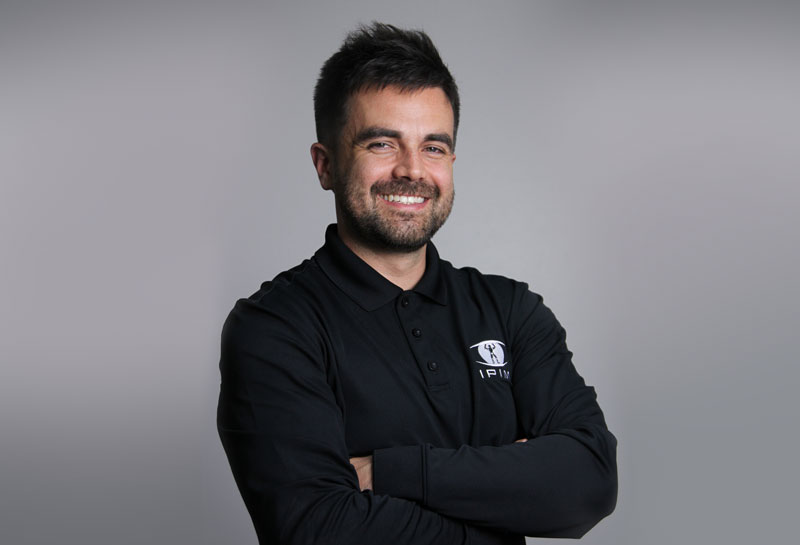
In this powerful poem, Dustin Willis reflects on the frustration a parent feels while seeking answers and compassion from doctors who give too little time, thought, and care to his son’s complex needs. He wishes for change in this broken healthcare system. This is a heartfelt appeal that keeps needing to be made.
Editorial: Strange Bed-Fellows: Can the Humanities Help the Electronic Health Records Problem?

JHR Editor-in-Chief, Sarah Blanton, PT, DPT reflects on ways in which we may call upon the humanities to help grapple with the “4,000 click” problem of electronic health records that erodes clinician morale and reduces patient interaction. She does this first by recognizing the humanistic impact of technology, and then by calling upon interdisciplinary collaborative problem solving and critical inquiry to develop innovative solutions on individual and societal levels.
Humanities Instruction in Physical Therapy Education to Cultivate Empathy, Recognize Implicit Bias, and Enhance Communication: A Case Series
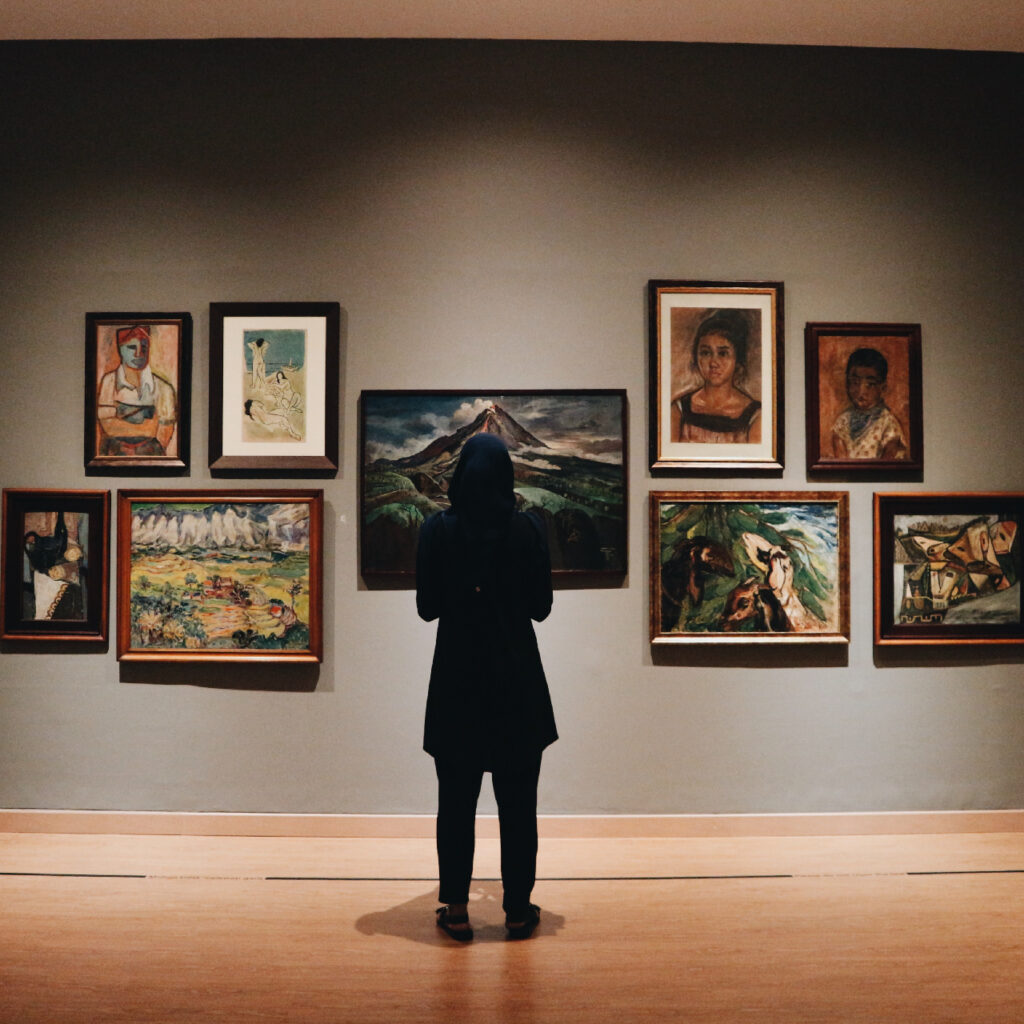
This article strives to encourage the use of humanities within physical therapy education and practice by offering examples of three health humanities-based instructional activities, including two implemented at US universities. “As curricular models in physical therapy education evolve,” the author notes, “the importance of humanities-based instruction to develop empathetic physical therapists should be considered and implemented, as it will not only benefit future patients, but the field of physical therapy as well.”
History of Present Illness
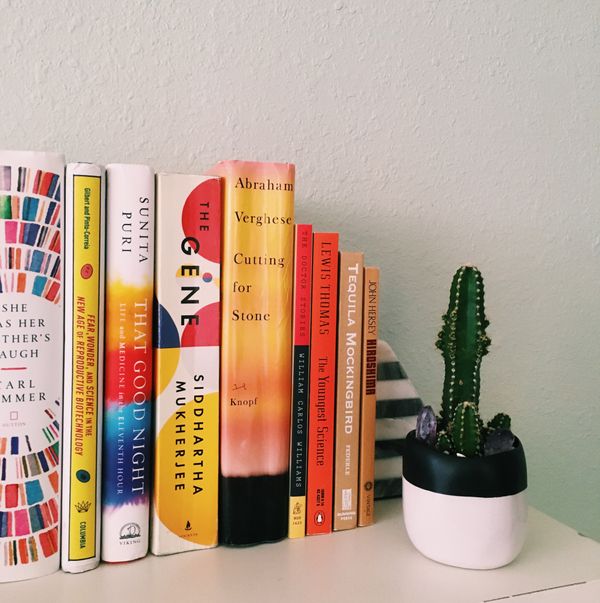
Inspired by reflections on the current Covid-19 pandemic and recalling AMA debates over the “duty to treat” HIV and AIDS patients in the 1980s, Sophie Schott has crafted a poem that challenges us not to repeat history by refusing to treat marginalized patients. “History of Present Illness” questions whether clinicians should be guided by personal preferences or by a higher calling.
The Road to Recovery
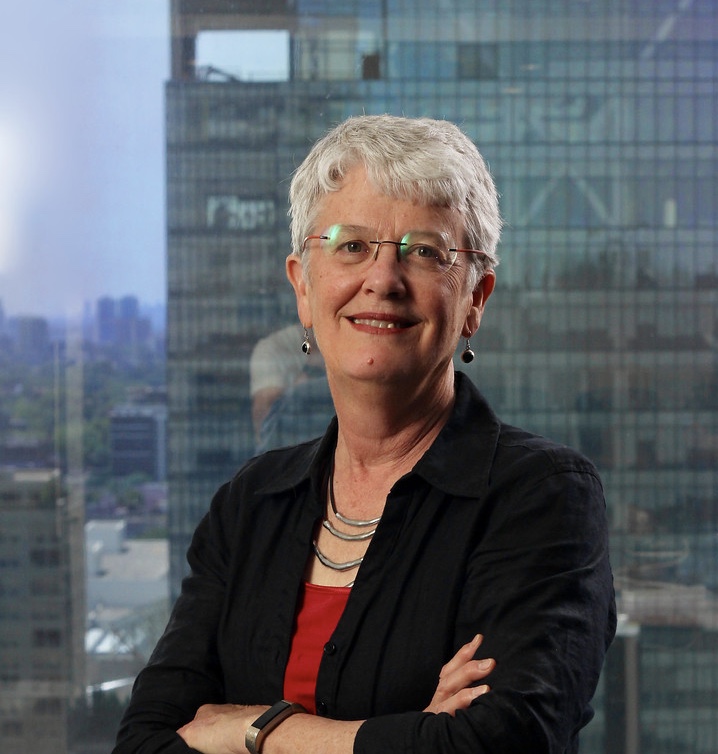
Kirsten Woodend considers the space between being “broken” and being “whole,” when the patient’s road to recovery will never end in full rehabilitation. She writes of the difficult struggle to choose between “acceptance” and constant striving toward “recovery.” In this poignant poem, she finds herself at a fork in this unique road.
Eye Spy 2022: Improving Nonverbal Communication and Interprofessional Perceptions in Health Science Students

In a second article deeply exploring the insights of the Eye Spy program (see Eye Spy, 2018), Cynthia Dodds et al examine the effects of guided visits to an art museum on affective domain development and interprofessional perspective in health science students. The authors demonstrate, step by step, how using visual-thinking-strategy instruction in a museum setting can support the development of “compassionate and patient- and family-integrated care providers.”
Finding Voice and Vulnerability Through Virtual Learning
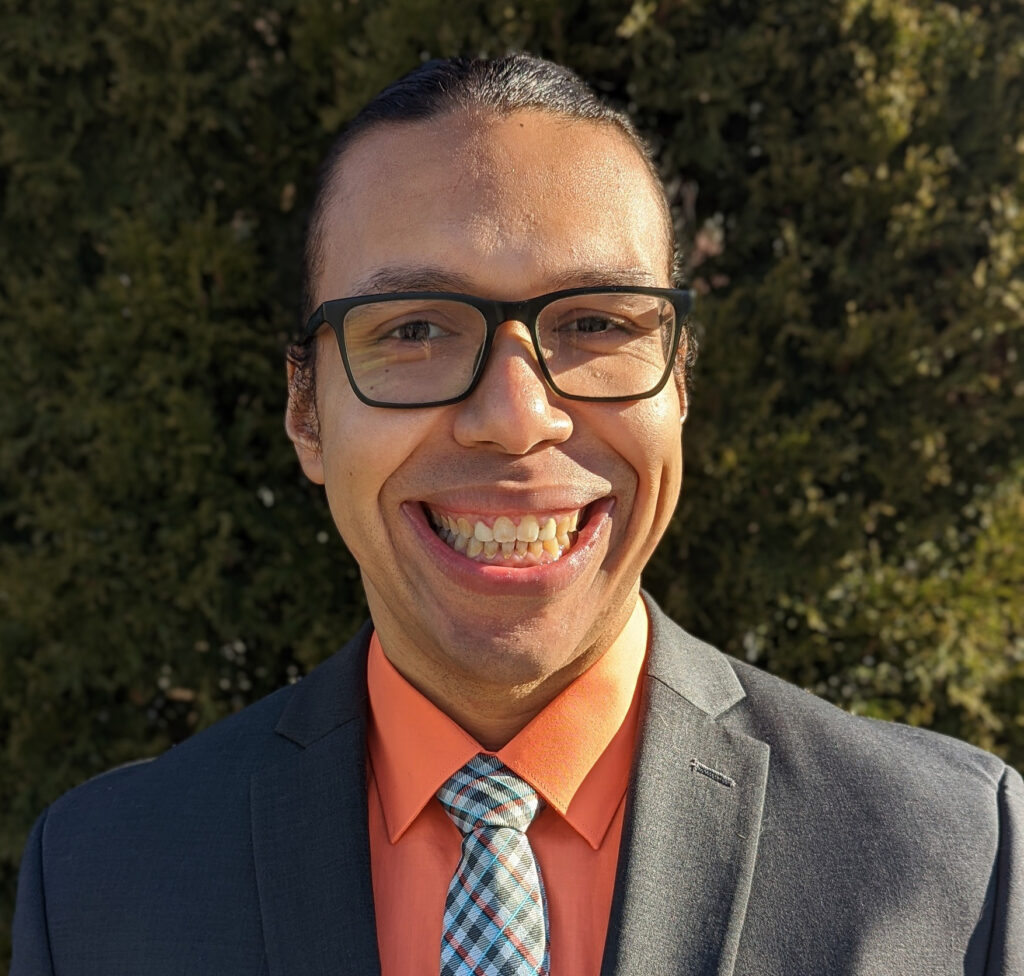
Download the article (pdf) Table of Contents Congratulations to Columbia University Vagelos College of Physicians and Surgeons Doctor of Physical Therapy Program graduate student Joseph Rivera, SPT, the winner of the annual physical therapy student essay contest co-sponsored by the ACAPT Consortium for the Humanities, Ethics, and Professionalism (CHEP) and JHR. This writing competition is […]
Resources to Promote Inclusion and Belonging

For Spring 2022, the JHR is publishing for the first time a resource list related to cultivating belonging for students and patients in healthcare education and healthcare settings. This exceptional compilation of articles, books, movies, and artwork could serve as “an academic course in and of itself,” according to one of our editors.
Doing Healthcare Research Differently: An Introduction to SocioHealthLab’s Special Video Series, Part 1
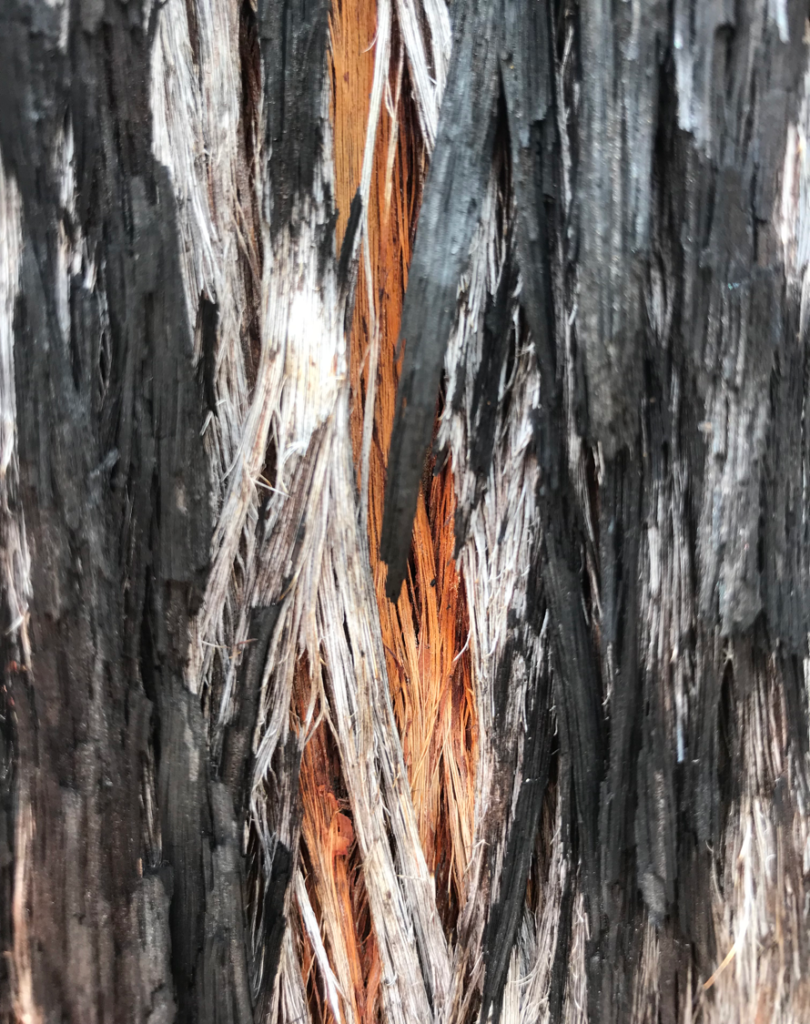
In this first of two installments within SocioHealthLab’s special video series with JHR, the authors “begin doing health research dissemination differently” by telling their “story/stories” through animation, music, sound, and discourse. The videos shared here range from heart-rending personal patient experiences of pain and fear, to a humorous ‘what-if’ look at rehabilitation processes with the use of cartoon animals. Viewers are invited to relax and share these brief accounts in a “quiet space.”

